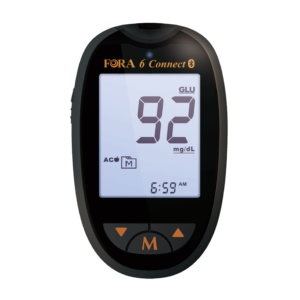How Keto Diet Helps in Multiple Sclerosis
Some individuals love to eat a low carbohydrate diet and the keto diet seems to be a perfect match for them. A recent study has revealed that this diet plan also improves several symptoms of multiple sclerosis (MS). For those who do not know, MS is an autoimmune disease in which our immune system cells attack the myelin sheet of neurons. The myelin sheet acts as a covering for neurons present inside our central nervous system. This results in numbness, fatigue, bladder problems, mood, and mobility issues. All in all, it interferes with one’s ability to pursue normal daily tasks. Up till now, there has been no cure for MS.
But some studies have suggested that the keto diet helps to significantly reduce fatigue and depression when consumed for at least 6 months. Director of the Pediatric MS & Related Disorders Clinic at the University of Virginia Dr. J. Nicholas Brenton has said that “Our study provides evidence that medically supervised ketogenic diets are safe and tolerable when studied over six months, and convey clinical benefits to persons living with MS”.
How does Keto Diet Work
The Keto diet works in a way that it reduces bodies dependence on ketones. By decreasing the intake of carbs this diet plan shifts your body’s energy-producing machinery from carbs to fats, resulting in desired weight loss. This whole mechanism is known as ketosis.
The role of keto diet in reducing symptoms of MS is not yet clearly understood. However, researchers deduce that it is weight loss as a result of the diet that is inducing positive results. These diets not only reduce signs of inflammation but also help to improve Gut microbial status.
A study conducted on 65 people with the most common form of disease i.e. relapsing-remitting MS showed that those people who stuck to the strict keto diet had an almost 50% reduction in fatigue and depression due to more consumption of body fats. This improvement in fatigue and depression helped them to attain better physical and mental health. According to Dr. Brenton, the concentration of inflammation markers is also reduced in the blood of patients under observance.
The Takeaway
According to Dr. Brenton, the keto diet doesn’t need to work for everyone at this stage as further study is required. But what he recommends is that “everyone must consume a healthy, and well-balanced diet to maintain a weight that is essential for healthy living. Both of these factors play a very critical role in maintaining a good profile in MS patients”.
According to Dr. Barbara Giesser, a neurologist working at the Pacific Brain Health Center in Santa Monica, “Ketogenic diets may be of benefit in persons with MS by several mechanisms, including decreasing inflammation, reducing body fat, and/or promoting a less inflammatory gut microbiome”. The study did have its share of limitations, including its small size and lack of a control group for comparison’s sake, Giesser noted. Additionally, keto diets aren’t risk-free, she said. “Ketogenic diets could lead to other medical complications or nutrient deficiencies,” Giesser explained. She adds that “any dietary regimen should be undertaken after consultation with a physician.”
She recommends patients with MS to limit the consumption of saturated fats, highly refined grains, sugars, and processed foods. These foods are not healthy for the heart. Instead, they should more likely consume lean proteins and polyunsaturated fats like omega-3 fatty acids.
How to Measure Ketones

ForaCare offers the FORA 6 – the only glucometer that measures blood glucose, total cholesterol, and multiple parameters for diabetes management.
The FORA 6 offers clinically-validated accuracy, capacity to measure multiple parameters for comprehensive management, and Bluetooth connectivity to iFORA app.